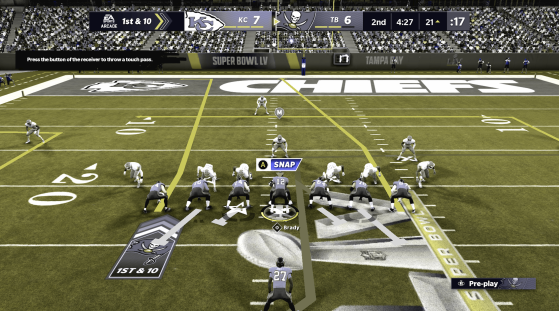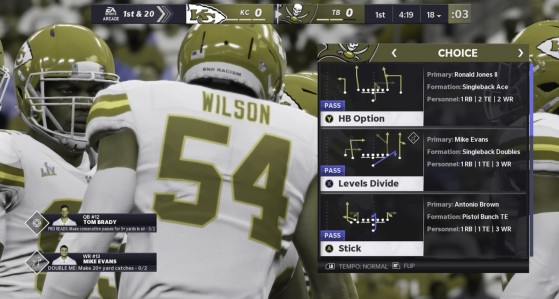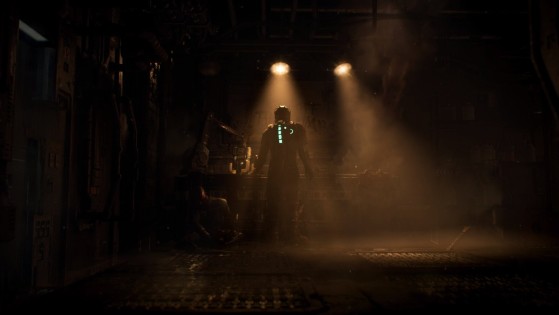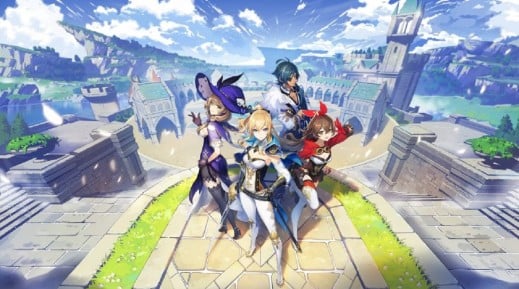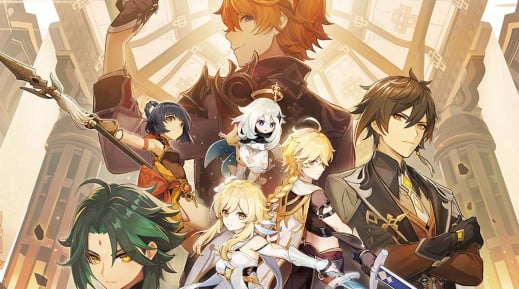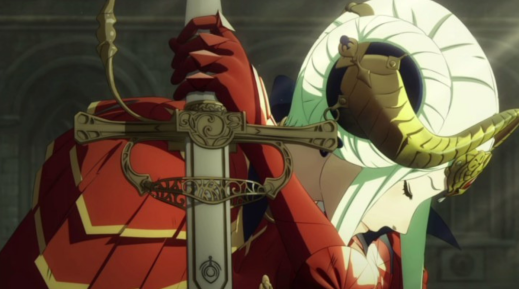Accessibility options in video games are increasingly important in bringing the sector closer to those who have more problems due to physical, vision or hearing disabilities.
A fantastic recent example of adding this accessibility option is through the ping system in Apex Legends, which has drawn praise for the way it allows players with hearing problems to communicate more easily
It is also used to reduce toxicity, enabling everyone to communicate without players resorting to abuse through more traditional voice or typed chat.
It addresses disadvantages to those hard of hearing by allowing players to communicate through contextual visual and audio commands and announcements, performed easily on a controller or keyboard.
Now, Electronic Arts has announced that it is releasing the patent for this system and four of its other innovative technologies designed around inclusion and accessibility for free, so that developers can add them to their own games without any need to license the technology.
Three of the patents are related to technology that makes video games more accessible to players with vision problems, and are already used in franchises such as Madden NFL and FIFA .
These patented technologies automatically detect and modify colors, brightness and contrast in a game, to improve the visibility of objects with similar luminosities.
This allows players to better perceive the content and interact with it.
Electronic Arts is also unlocking the code for a technical solution that similarly addresses color blindness, brightness and contrast issues in digital content, in an attempt to foster greater industry-wide collaboration and innovation on accessibility in video games.
The code can be found on GitHub, and will allow developers around the world to apply Electronic Arts' technology directly to their video games, favoring inclusion and as mentioned, saving the cost of any licensing.
EA's EVP of Positive Play, Commercial and Marketing released a statement on the patents:
"At Electronic Arts, our mission is to inspire the world to play. We can only make that a reality if our video games are accessible to all players. Our accessibility team has long been committed to breaking down barriers within our video games, but we realize that to drive meaningful change, we need to work together as an industry to do better for our players."
"We hope developers will make the most of these patents and encourage those who have the resources, innovation and creativity to do as we have by making their own pledges that put accessibility first. We welcome collaboration with others on how we move the industry forward together."
